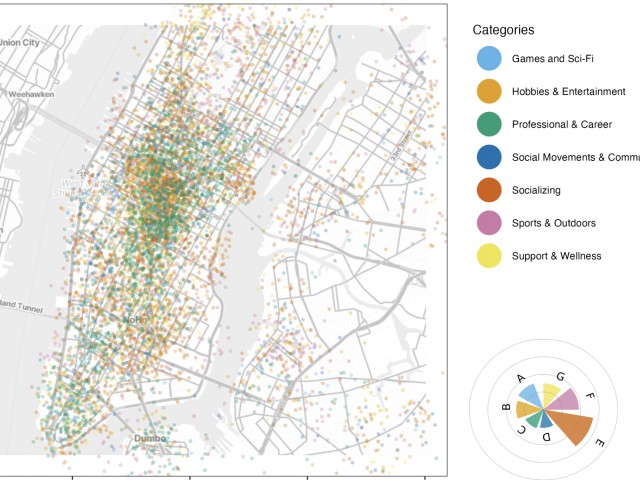
This study examines the dynamics of local community gatherings facilitated by EventBased Social Networking platforms, a growing mode of social interaction in urban settings. While these platforms are increasingly used to organize real-world events, limited research has explored the factors that shape the success of these events across diverse city environments and how local socio-spatial contexts influence participation and engagement. To address this gap, we analyze a large-scale dataset of over one million events across 500 US cities, the largest city cohort to date, and present the most comprehensive work combining geospatial, community, and eventspecific features to predict event success. Separate models are developed for event participants and organizers to capture differing motivations and success criteria. The results reveal that participant engagement is more strongly influenced by community characteristics, whereas organizer outcomes are shaped by a broader combination of features. Consistent patterns in event category preferences, such as high participation in fitness-related events, highlight the influence of socio-cultural dynamics. Furthermore, city-level differences underscore the importance of local context, with success rates varying independently of city size. These findings not only align with key sociological theories on urban interaction and digital participation, but also provide actionable insights for platform designers, community organizers, and policymakers seeking to enhance local engagement. Ultimately, this study highlights the need to account for socio-spatial heterogeneity when interpreting or designing digital systems that support urban community life.
*This study was funded by 4VA at Mason.